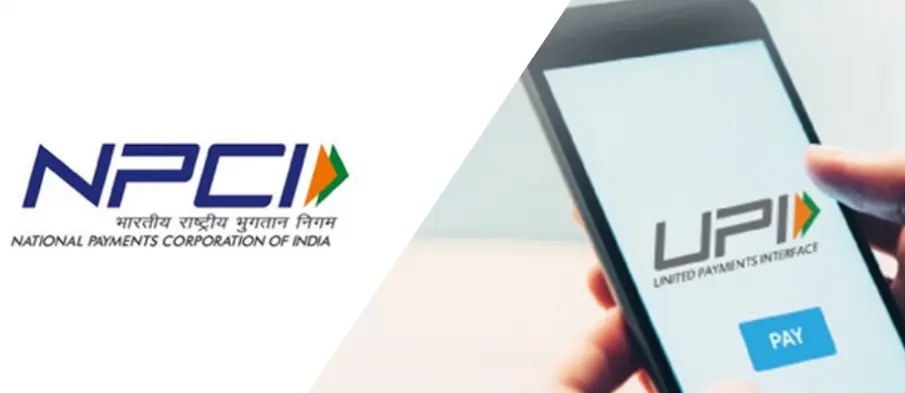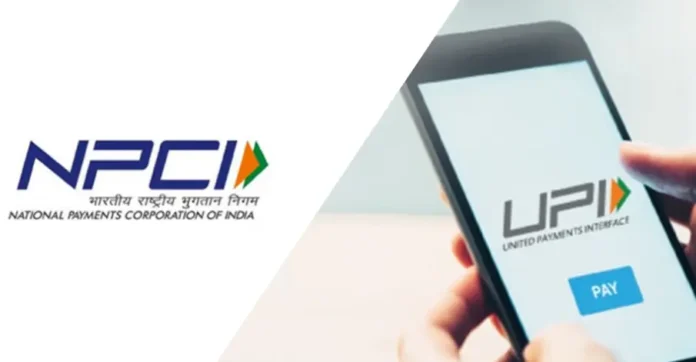
NPCI International Payments Limited (NIPL) and the Central Reserve Bank of Peru (BCRP) have announced a partnership to implement a UPI-like real-time payments system in Peru. This collaboration marks a significant milestone, making Peru the first South American country to adopt the globally renowned Unified Payment Interface (UPI) technology, highlighting India’s leadership in digital payments.
This strategic partnership will enable the BCRP to establish a reliable and efficient real-time payment platform in Peru. The innovative system will facilitate instant payments between individuals and businesses, reducing reliance on cash transactions and expanding digital payment options for Peru’s large unbanked population. UPI’s collaborative and open banking ethos will enhance connectivity and interoperability with both domestic and international payment networks, fostering innovation and resilience in the Peruvian payment ecosystem.
Commenting on this development, Ritesh Shukla, CEO of NPCI International, said, “Our partnership with the BCRP aims to strengthen Peru’s financial infrastructure and foster economic growth. Together, we will promote digital payments, financial inclusion, cost optimization, and transparency in the payment landscape. This partnership also reflects our commitment to advancing digital public goods globally. Once live, Peruvian citizens will experience unprecedented convenience, security, and efficiency in financial transactions.”
Julio Velarde, Governor of the BCRP, expressed enthusiasm about the agreement, stating, “We are delighted with this partnership with NPCI International. This agreement marks a significant step in modernizing our payments system and expanding access to digital payments in Peru. The support of the Reserve Bank of India has been pivotal to this agreement. The BCRP aims to promote financial inclusion, security, and efficiency, and introduce new digital payment use cases. This new infrastructure will foster innovation and enable new participants to join the Peruvian ecosystem, offering accessible payment services to all, especially the unbanked population, complementing the existing payments industry.”





